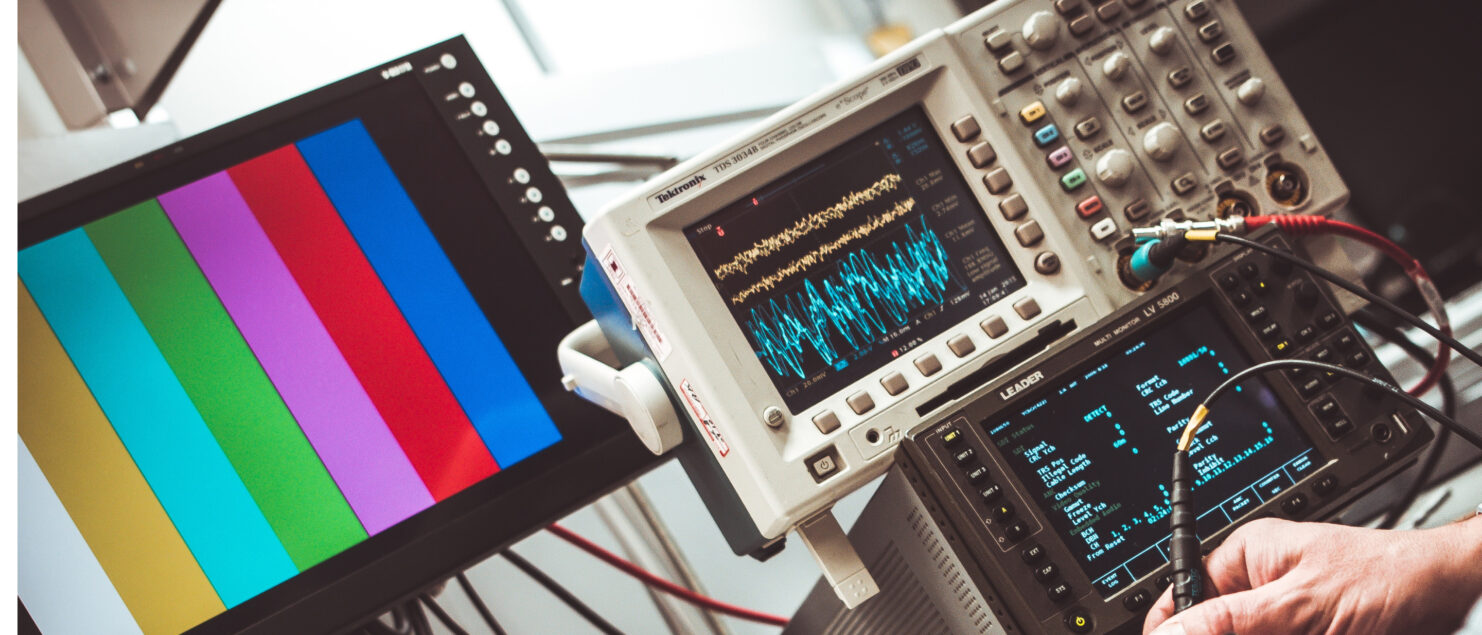Electromechanical Maintenance
The area of Industrial Maintenance is of utmost importance in the field of the execution of operations in the industry. An efficient use of facilities and equipment must be carried out with rigor to achieve the objectives of the same, as well as the operation.
It is now aware that waiting for a breakdown to occur before intervening means incurring high costs, production losses, quality deficiencies, among others, which has led to the evolution of maintenance, which is structured in four generations:
- First generation: total corrective maintenance. It waits for the breakdown to occur before it can be repaired.
- Second generation: Maintenance work begins to prevent breakdowns. Cyclic and repetitive work with a certain frequency.
- Third generation: Maintenance is performed under certain conditions. That is to say, a monitoring of parameters is carried out according to which the replacement or reconditioning of the elements will be carried out.
- Fourth generation: Continuous improvement systems are implemented for preventive maintenance plans and for the organization and execution of maintenance. Improvement and follow-up groups are established.
Electromechanical Maintenance
Due to the inability of equipment and facilities to function properly on their own, a group of people must be organized to take care of it and thus constitute a “maintenance team” whose main objective will be the preservation of the operation.
Electromechanical Engineering is the hybrid application that arises from the synergic combination of different areas of knowledge, such as electromagnetism, electronics, electricity and mechanics. It is mainly applied in electrical mechanisms, industrial machines, energy generation and transformation.
These types of devices can be considered to consist of electrical parts and parts that can be classified as mechanical. This classification does not imply that the electrical and mechanical parts can always be physically separated and function independently of each other. Energy is received or supplied depending on the nature and application of the particular equipment.
The electromechanical energy conversion process also usually includes the storage and transfer of electrical energy. The study of the principles of electromechanical energy conversion and the development of models for the components of an electromechanical system are one of the objectives of a program such as electromechanical engineering.
What is the importance and value of electromechanical engineering?
With the passage of time, this type of profession has been devalued by companies, sometimes they see this profession or the electromechanical engineer as a figure of “repairer”, “restorer”, “technician”, “installer” of electromechanical equipment and installations. However, the electromechanical engineer has the training and experience in the knowledge of the important performance functions of the various equipment and their interaction with the environments and production processes. That is why we must work for this profession to be properly valued and recognized, since it requires constant updating and preparation, which will ensure to be at the forefront, and will allow to offer the required attention to the new technological developments.
In ATTSAS we know the importance of this and that is why we ensure that our team members not only have constant training, but that the tasks they perform are recognized and valued.

